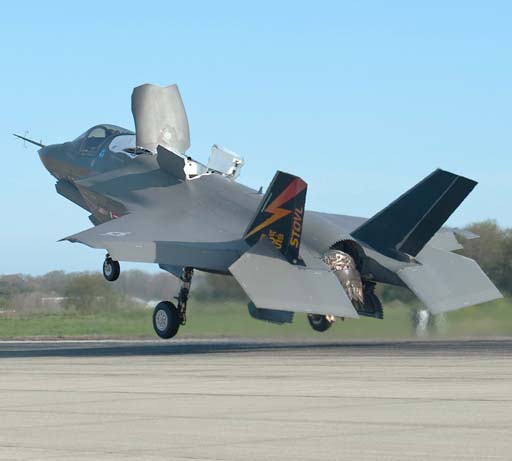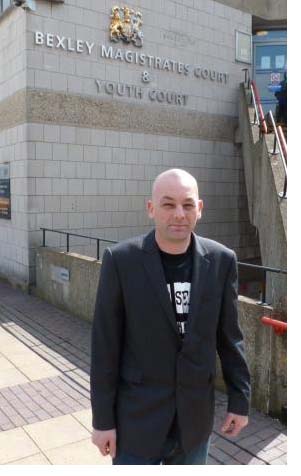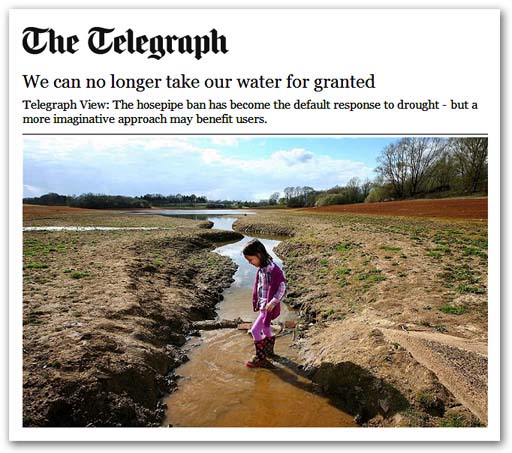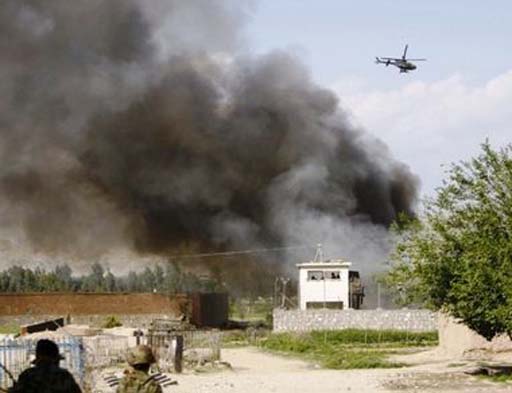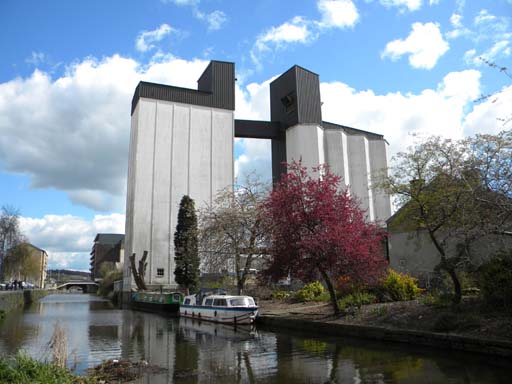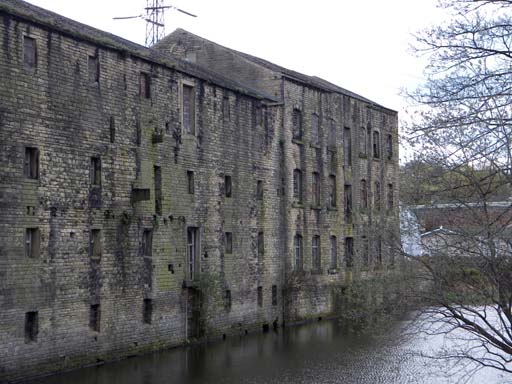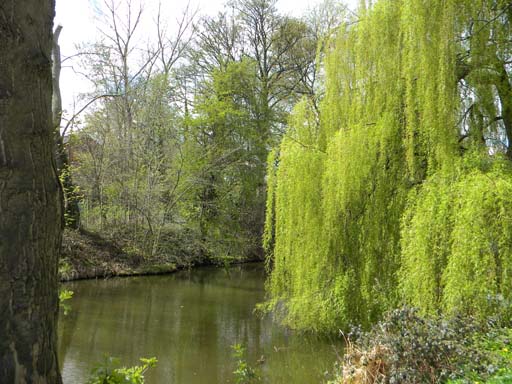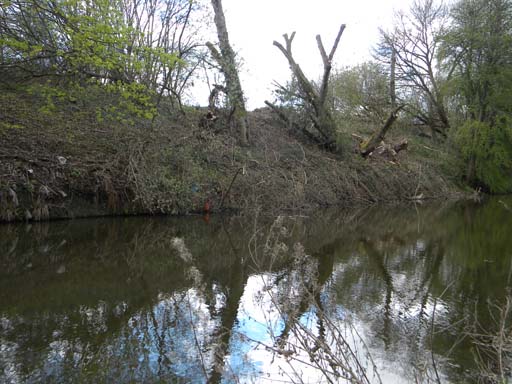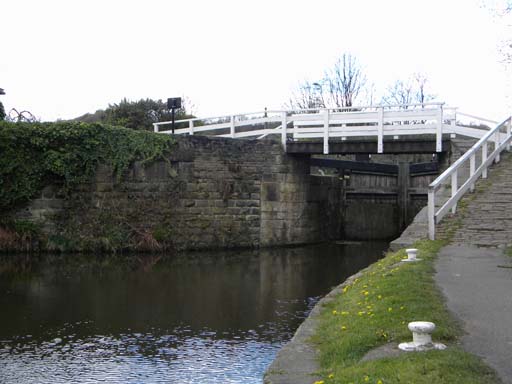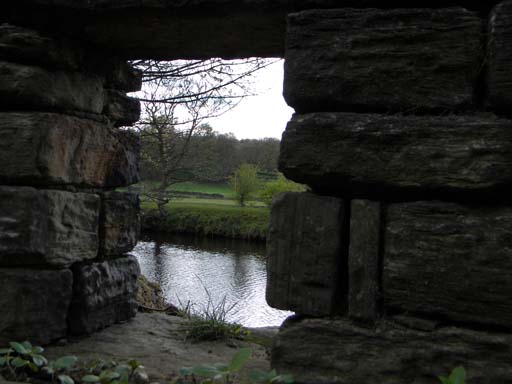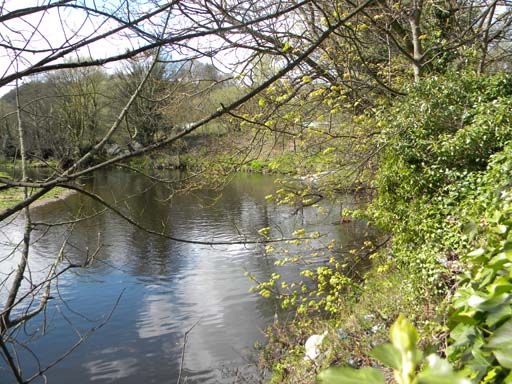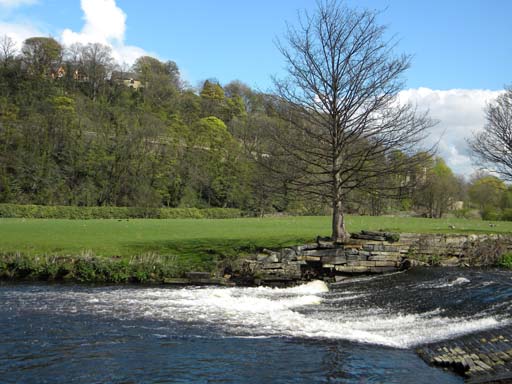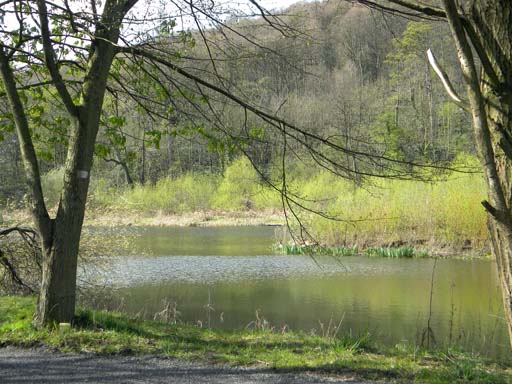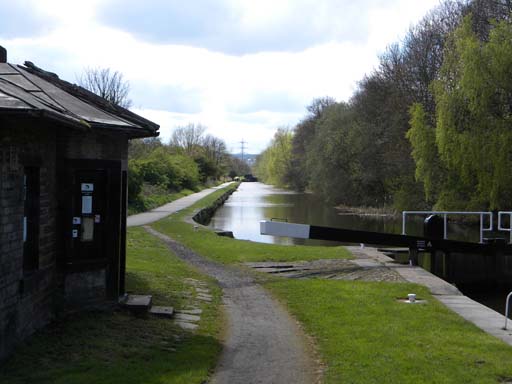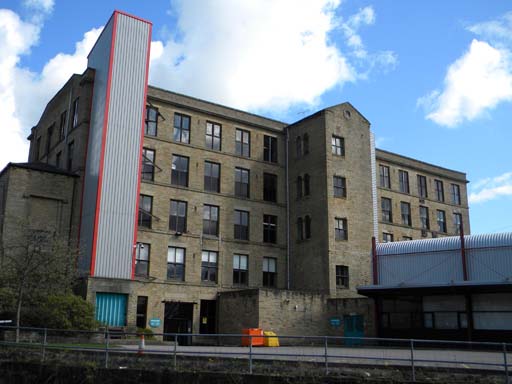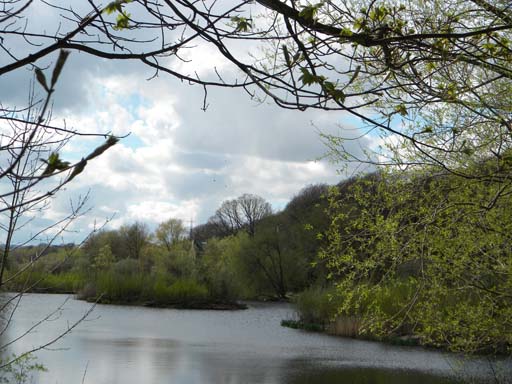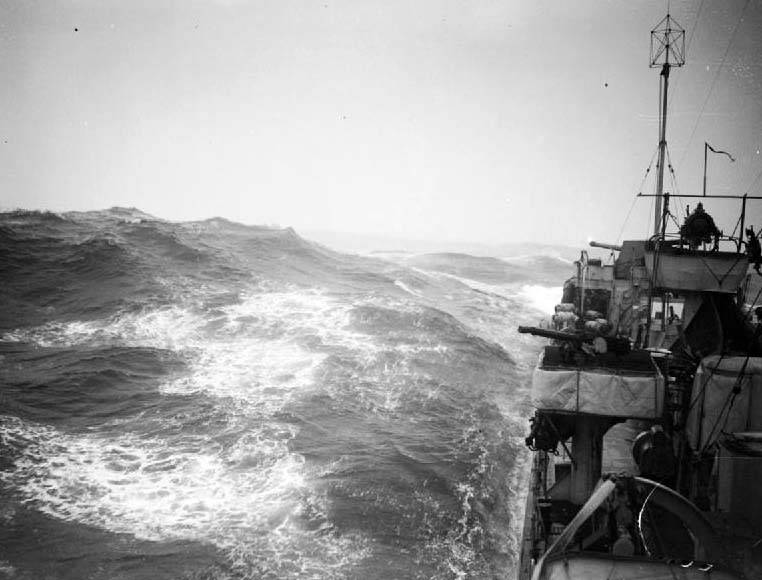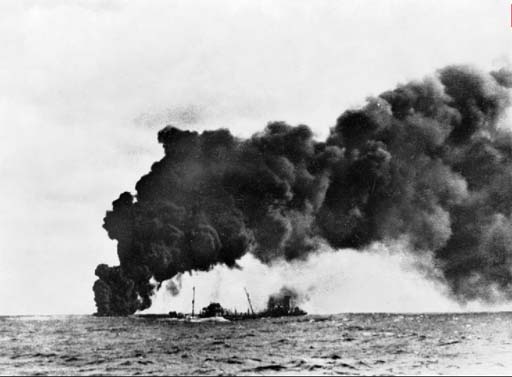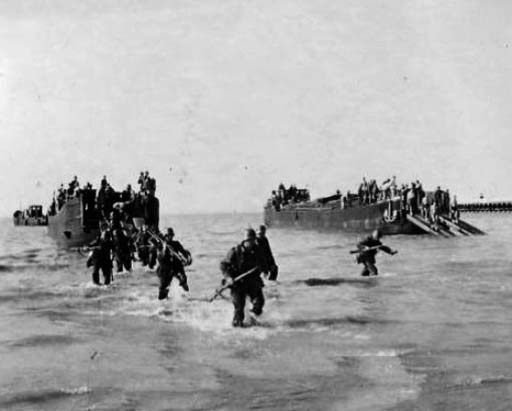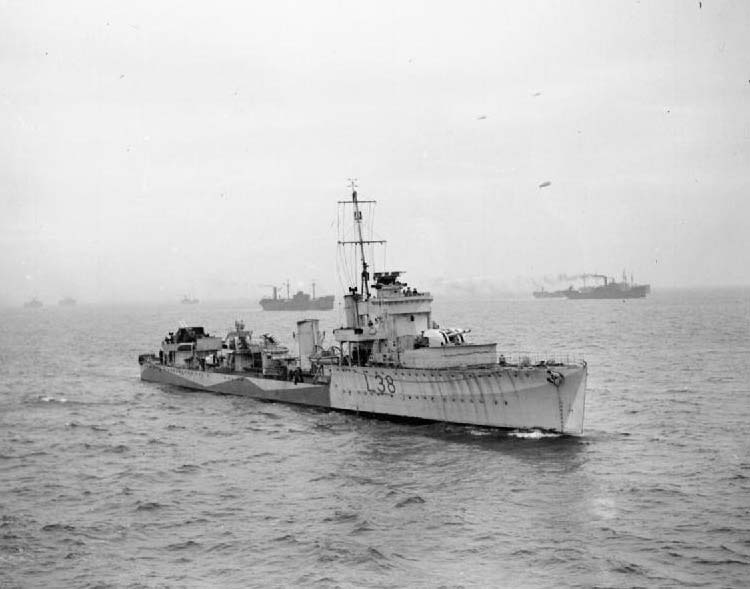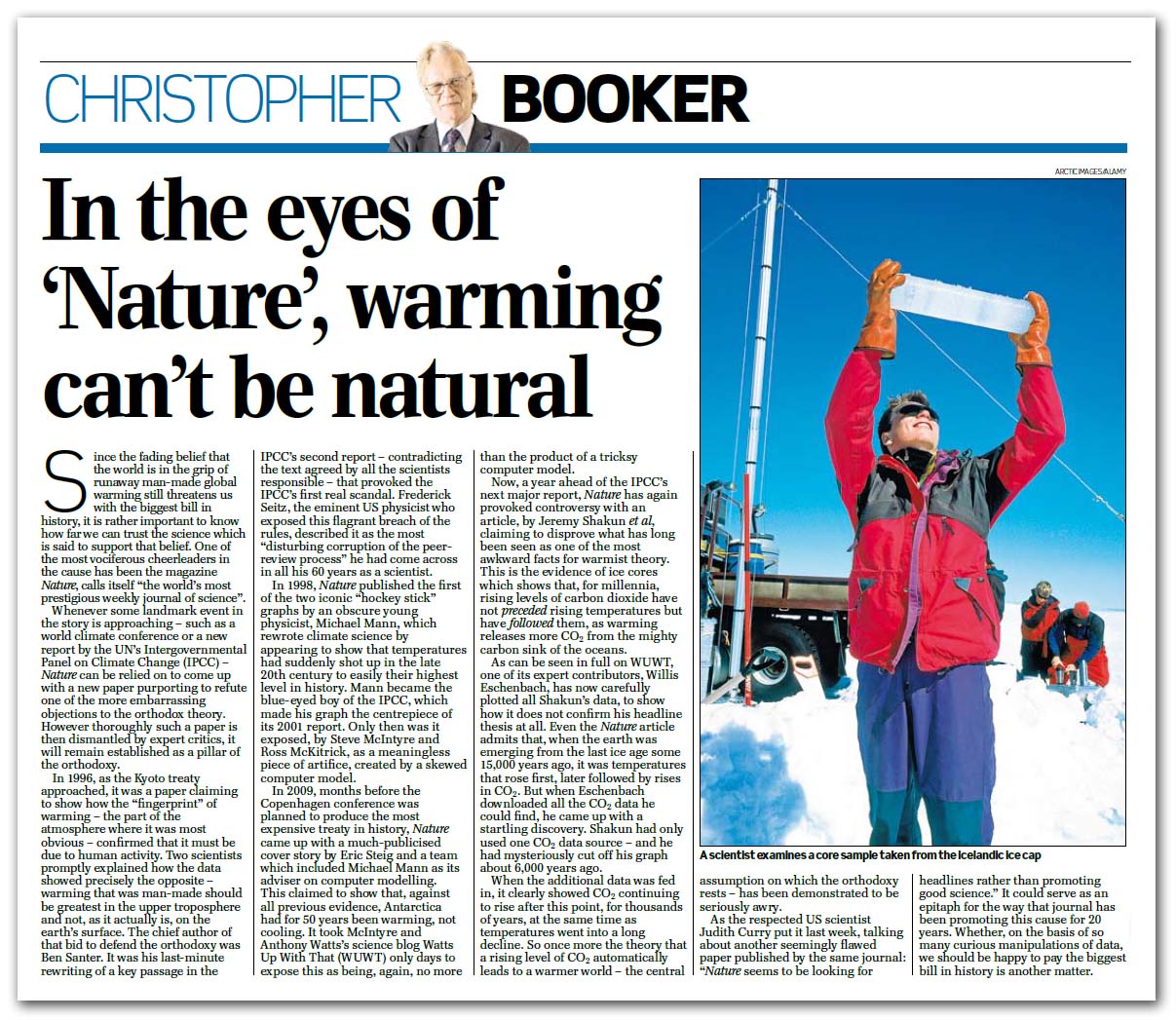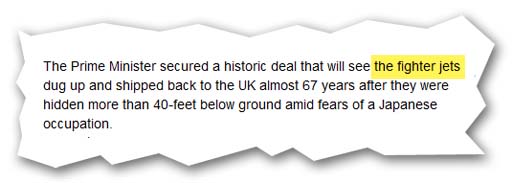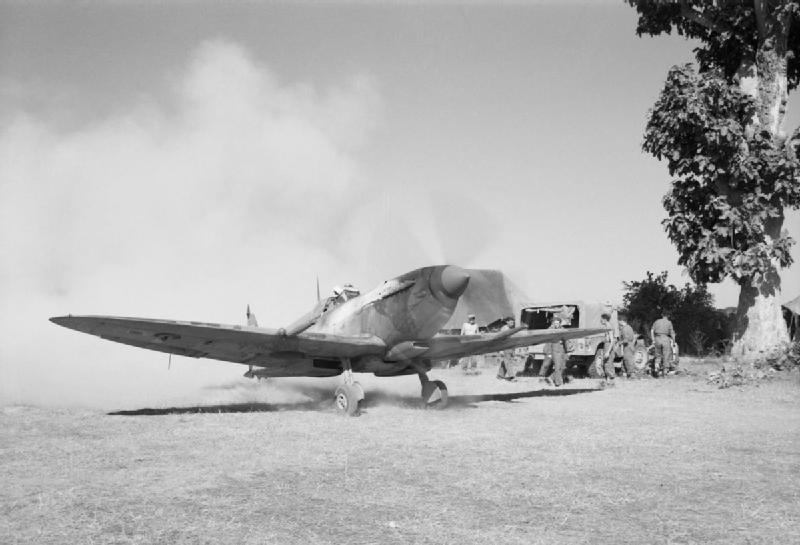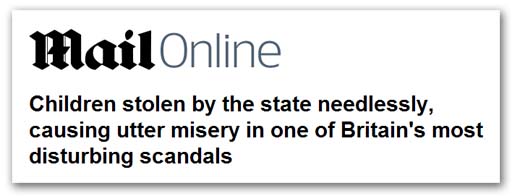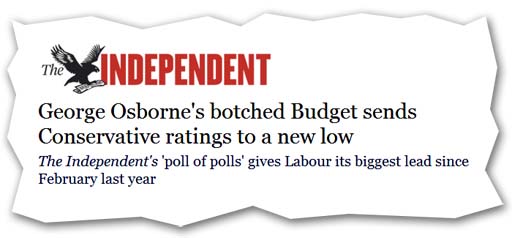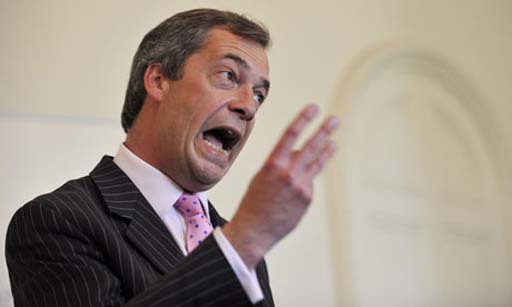It would be difficult, said Pound, to give any date after which the weather would deteriorate seriously, but after the equinoctial gales about 21st September, the weather was uncertain.
Churchill, however, was not prepared to take this as a definitive answer. On 5 September, he made his monthly report to parliament on the war situation, when he again. addressing the possibility of a German invasion. Then he told MPs: "No one must suppose that the danger of invasion has passed", then going on to say:
I do not agree with those who assume that after the 15th September – or whatever is Herr Hitler's latest date – we shall be free from the menace of deadly attack from overseas; because winter, with its storms, its fogs, its darkness, may alter the conditions, but some of the changes cut both ways. There must not be for one moment any relaxation of effort or of wise precaution, both of which are needed to save our lives and to save our cause.
In making this statement, Churchill has been fortified by a memorandum from the Joint Intelligence Sub-Committee (JISC), issued on that same day, warning that "available intelligence has shown and still shows that invasion or raids against the United Kingdom may be attempted in the near future".
However, the memorandum goes on to say that: "successful invasion of any sort … depends on sea and air superiority and there is no indication that this superiority is or can be gained by the Germans". (CAB 40/18, COS (40) 713).
What is interesting here is that, at the highest levels of the British military, doubt was already being expressed about the German capabilities, and this memorandum was not alone. The day before, the Chief of the Naval Staff has issued a memorandum about the invasion."It must be assumed", he said, "that the Germans, as very practical and experienced makers of war, would not undertake any project which they did not think had at least a reasonable chance of success". He continued:
The Germans must know that they cannot expect even local naval superiority and if they intend to attempt an invasion they must think there is a way of doing it, by use of air or otherwise, in which they can avoid having to face our naval forces.
Thus, it was hypothesised, the Germans could have in mind a
coup de main. By mounting a "surprise attack in fog or some other way", the German could take possession of Dover, capture its defences and, with its own artillery across the Channel, dominate the Straits and prevent naval interference (COS (40) 711).
This was pure speculation. German records captured after the war show no evidence that any such operation was ever considered. But a renewal of the invasion threat would very much have appealed to Churchill.
Perversely, from the very beginning, he had privately expressed his doubts about the likelihood of an invasion. As early as 12 July, three days into the official "Battle of Britain", he referred to "the great invasion scare". But he had also said that it was serving a most useful purpose. It was well on its way "to providing us with the finest offensive army we have ever possessed and it is keeping every man and woman tuned to a high pitch of readiness".
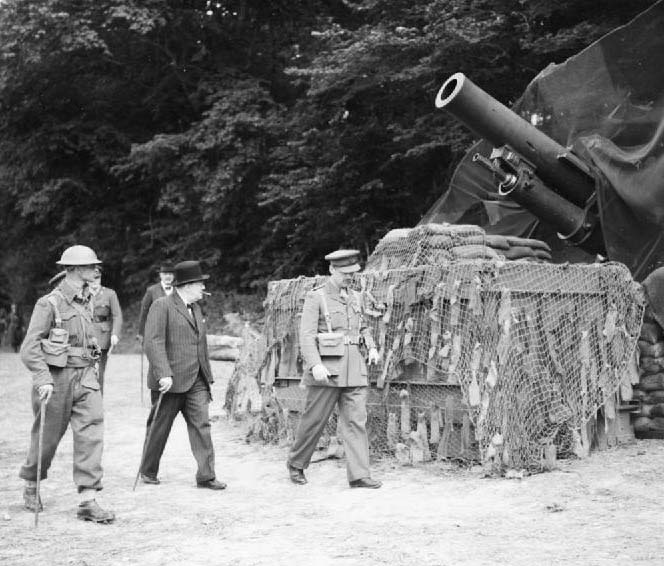
Thus, in the putative German invasion, Churchill had the makings of what we would now call a "beneficial crisis", a means of focusing the British public and keeping them in a high state of alarm. He made a great show of visiting fortifications (seen above visiting a heavy gun on the East Coast on 7 August 1940), using the opportunities to galvanise the nation.
However, by late August, the government's Home Intelligence reports were indicating that fear of an invasion, which seemed to have peaked in the July, was now on the wane. If anything, people were starting to resent what they were increasingly regarding as scaremongering.
Hence, we saw on 5 September, Churchill trying to claw back lost ground. But he did not stop there. Buried in deep in the National Archives is a series of documents, newly placed online, which show that Churchill had taken on board the possibility of a coup de main and, for a short period, had become obsessed with the prospect of a surprise German landing under the cover of autumnal fog.
Referenced CAB 80/106, and 80/19-21, in these documents we find the remarkable evidence that, dominated by this fear, Churchill held back vital convoy escorts from the Atlantic, leaving merchant seamen to their fate, and our supplies lifeline at risk.
After the memoranda of 4-5 September, the key document comes on 14 September 1940, one day before what is now celebrated as Battle of Britain Day, when supposedly the RAF so roundly defeated the Luftwaffe that Hitler abandoned plans to invade Britain.
This is from The Chief of the Naval Staff (COS (40) 752) exploring the possibility of the Germans launching a sudden invasion under cover of an autumnal fog. It acknowledged that land fogs in the Channel area were "comparatively common", and stated: "If the enemy thought that foggy conditions might be an advantage for a sea-borne invasion, then the most favourable area for launching an attack would be the Dover Straits area".
There was, of course, the obvious, and hitherto insuperable problem of navigating the invasion fleet in conditions for poor visibility. But here the Navy chiefs had an answer, one which contributed to the extraordinary chain of events.
On the basis that Nazi bombers were using radio beams to find their targets, they "believed" that wireless aids for the landing fleet had been developed "to a high pitch" and that "it would be possible to direct landing craft to the selected points on our coast with a considerable degree of accuracy in foggy weather".
This memorandum clearly had a profound effect on the prime minister because, two days later, on 16 September, he issued a minute to the Chiefs of Staff, telling them that he considered "fog is the greatest danger", adding "fog is our foe".
However, the possibility of the German barges being fitted with radio navigational aids was speculation, based on no evidence at all. And, clearly, there were doubts as to whether this capability existed.
On 18 September (after Hitler has already postponed the invasion), the Joint Planning Staff, was referring to the concentration of barges in the Channel ports. They considered it: "most important that we should now know more about the nature and equipment of these barges than is revealed by reconnaissances and photography". A raid was proposed to obtain the necessary information. This, however, was never executed.
As it happened, far from being so equipped, most of the barges did not even have radios. They were reliant on signal flags for communications. Yet, unaware of this, an inter-services committee on 20 September reported that it would be possible for the Germans to "navigate with accuracy" using radio beams.
On the evening of the following day, 21 September 1940, Churchill met for dinner Lord Gort, commander of the recently evacuated BEF, and Air Chief Marshal Hugh Dowding, then AOC of Fighter Command. When the talk turned to the invasion, the prime minister visited the idea that the Germans could make a surprise landing in fog. Churchill's own military advisor, Gen. Ismay, was sceptical. But both Gort and Dowding, neither of whom had any expertise in the matter, agreed it could happen. A fuse had been lit.
The very next day, the Chiefs of Staff Committee issued a report advising that "our flotillas should patrol the narrow waters both during the night and at dawn in those parts where visibility is best, and the chances of locating and engaging the enemy are consequently greatest". The following day, Churchill sent a minute to Ismay asking about Admiralty dispositions in the Channel.
This prodding had its own effect. On 27 September, the Chiefs of Staff were reporting that "special anti-invasion patrols" were being carried out nightly by destroyers in the Channel and the southern North Sea.
But, by now, the situation out in the Atlantic was getting desperate, and – as we saw from Part I - 3 October saw a memorandum from the First Sea Lord calling for twelve destroyers and 30 anti-submarine trawlers to be diverted from anti-invasion work to the protection of trade. The following day, on the recommendation of the Chiefs of Staff, Churchill agreed to release the escorts. But it was not to be.
On 10 October, the Prime Minister told his War Cabinet colleagues that "evidence was still accumulating that preparations for invasion were still going forward". It would, he said, "be premature to dismiss the possibility of an invasion being made". Then, as we recalled, on 15 October, the release of escorts was delayed by Churchill, and it was not until 31 October that orders were given to allow anti-invasion vessels back on the high seas.
On the 15 October, in the War Cabinet without any prior announcement, Churchill had again told his colleagues that it would be "premature to suppose that the danger of invasion had passed". Intelligence reports, he had said, indicated that enemy plans were still moving forward and, in these circumstances "it would not be possible for the Navy to withdraw any more of their forces from the invasion front in order to strengthen shipping escorts in the north-west approaches".
Herein lies a mystery. The normal cadence of reporting was that the Chiefs of Staff Committee first chewed over an issue. It then went to the Defence Committee, chaired by Churchill, and thence to the War Cabinet. But here, the first we see of this peremptory refusal to support the convoys is in the War Cabinet. The decision was taken by Churchill, and Churchill alone.
To find the background to this decision, we have to go to 20 October and a memorandum by the Chief of the Imperial General Staff (COS (40) 851). From this, we find that the "intelligence reports" on which Churchill relied – revealed to the Chiefs of Staff on 18 October - were from the JISC. But rather than conveying any hard information on German intentions, they had merely pointed out that a period starting 19 October was regarded as "particularly suitable for invasion owing to conditions of moon and tide, the probability of fog, and Hitler's horoscope".
In particular, it said, the continuance of the threat of invasion was indicated because of the "greater opportunity for surprise offered to the enemy by the probability of fog, shorter days and the conditions of bad visibility for reconnaissance. And, to indicate just how desperately skewed the intelligence picture was, the JISC believed there was a need "for a spectacular success to buoy up the morale of the German people during the coming winter".
That was an incredibly slender basis – lacking any real evidence – on which to make such important decisions. Nevertheless, it was enough for Churchill. On guesses which included a concocted horoscope, on which Hitler was supposed to have relied, he decided that men were to die in the cold waters of the Atlantic, for want of anti-submarines escorts.
Over 50 destroyers and hundred of sloops and other warships were to remain holed up in British ports awaiting that foggy day and a non-existent threat. And, apart from the fact that Hitler had already postponed the invasion, on 17 September, the idea of radio beams guiding the German invasion fleet was pure fiction.
Furthermore, that was not the worst of it. Not only were the convoys being deprived of warships, patrol aircraft were in short supply. All being well, we'll have a look at the air situation next Sunday.
COMMENT: A "THREE-PILLAR WAR" THREAD
